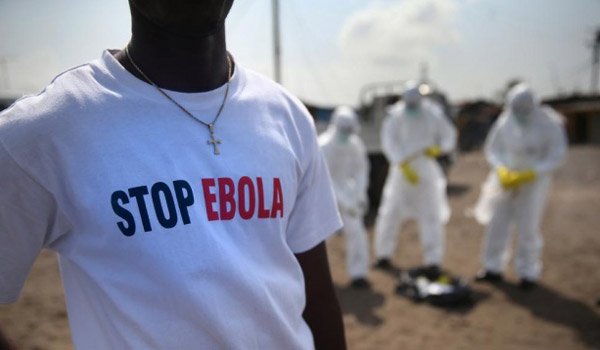In a statement Saturday, the United Nations public health agency said Liberia had gone 42 days—twice Ebola’s maximum incubation period—since the burial of its last confirmed patient without discovering a new case.
Liberia is one of three West African countries at the center of the largest epidemic by far of Ebola since the disease was first reported in 1976. While the country ended transmission within its own borders, the epidemic is still not over in West Africa. Liberia’s neighbors, Guinea and Sierra Leone have also had outbreaks and are still reporting cases, including 18 in the week ended May 3.
More than 11,000 people have died of Ebola in the three countries, according to WHO statistics.
The epidemic led to devastating economic losses for the three already poor countries. The World Bank Group estimates GDP losses for the three nations through 2015 at $2.2 billion, including $240 million for Liberia, $535 million for Guinea, and $1.4 billion for Sierra Leone, which has also been hit by severe problems in its mining sector. Liberia’s GDP growth is projected at 3% in 2015, up from 1% for 2014 but still well short of pre-Ebola growth estimates, the World Bank said.
At its height, the number of Ebola patients doubled every month, taxing overcrowded clinics and leaving many victims of the disease without appropriate medical care. More than 26,500 people in the three countries were infected by the virus, which causes a high fever, and, in terminal cases, internal bleeding and organ failure.
In Liberia, transmission of the Ebola virus was most intense in the capital, Monrovia, but had been reported in each of the country’s 15 counties, the WHO said. At one point, the country had “virtually no treatment beds” available for Ebola patients, according to the agency.
Liberia’s victory is tentative. The WHO cautioned that infected people from Guinea or Sierra Leone might cross into Liberia because of the region’s porous international borders.
Donors and organizations that helped with Liberia’s fight against Ebola also warned against complacency. Cross-border surveillance must be improved, Doctors Without Borders said.
“The Liberian government and the Liberian people have worked hard to achieve 42 days of zero Ebola cases, but that hard work could be undone in an instant,” said Mariateresa Cacciapuoti, MSF’s head of mission in Liberia. “We can’t take our foot off the gas until all three countries record 42 days with no cases.”
“Ensuring that communities play a leading role has been an essential factor in stopping the spread,” said Mamudu Salifu, Oxfam’s country director in Liberia. “Liberia should stay vigilant and ensure that communities remain at the heart of the process, as the country begins to get back on its feet.”
-The Wall Street Journal






